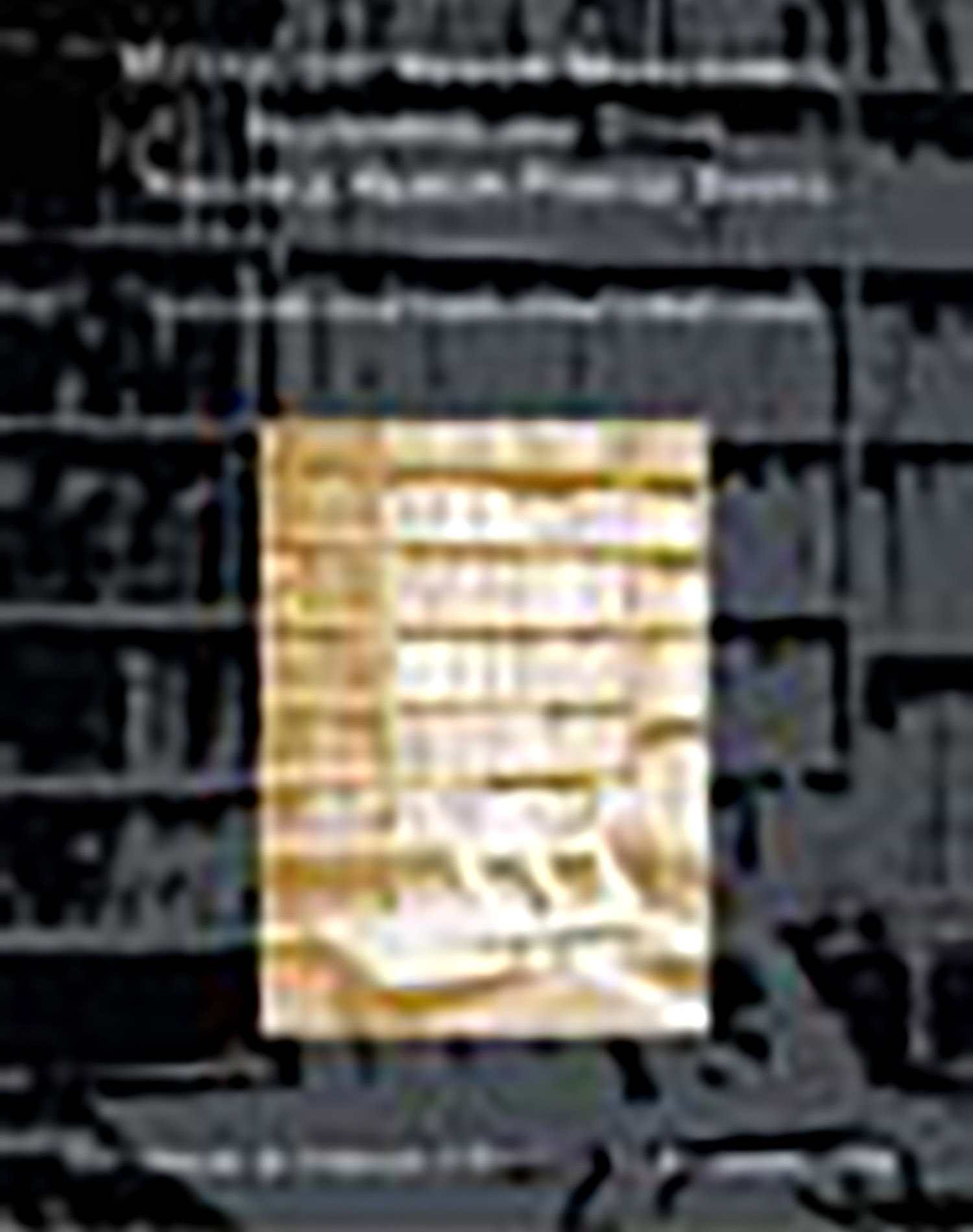Derech Emunah [“Path of Faith”- philosophy]

AUCTION 18 |
Tuesday, December 17th,
2002 at 1:00
Magnificent Hebrew Manuscripts, Incunabula and Other Valuable Hebrew Printed Books Sold By Order of The Trustees of Jews' College, London.
Lot 4
BIBAGO, ABRAHAM BEN SHEM-TOV.
Derech Emunah [“Path of Faith”- philosophy]
Constantinople: n.p. 1521
Est: $10,000 - $15,000
PRICE REALIZED $10,000
The Spanish rationalist philosopher, Abraham Bibago was born in Sargossa and resided at Huesca in 1446, though he probably died just before the Expulsion of Jews from Spain. He completed a commentary on Aristotle’s Posterior Analytics in his youth and engaged in numerous disptations with Christian scholars at the Court of Juan II of Aragon.
Derech Emunah, a philosophical treaties on the principal tenents of Judaism is Bibago’s chief work; divided into three treatises - which are subdivided into portals. The first treatise deals with Divine knowledge and Providence; the second with the nature of intellect and the purpose of life, religion and philosophy. The third treatise is devoted to an exploration of the principles of faith, and a discussion of miracles, creation and ethics. Bibago explains many Biblical and rabbinical passages in this work and takes cognizance of Christian and Mohammedan theology. He quotes Greek philosophers like Plato, Aristotle, Pythagoras, Euclid and Ptolemeus, Galen and Themistius; as well as Arabic thinkers like Averroes, Avicenna, Alfarabi, and Gazzali, and even the fable-book "Kalila Ve’dimna." Of Christian writers he quotes Eusebius, and of Jewish writers he quotes not only Maimonides, Nachmanides and other classic philosophers, but also Kabalistic works such as the Bahir, Zohar, Sefer Yetzirah, and the Hechaloth. A fervent supporter of Maimonides, Bibago warmly defends Maimonides’ creed against his antagonists. Bibago’s arguments presented in Derech Emunah were reproduced by Abrabanel in his Rosh Amanah (See Lot 1).
See: A. Lazaroff, The Theology of Abraham Bibagio: A Defence of the Divine Will, Knowledge and Providence in Fifteenth Century Spanish-Jewish Philosophy (1981); and Ch. Frankel-Goldschmidt, Derech Emunah: An Introduction (Jerusalem, Mosad Bialik, 1978)
